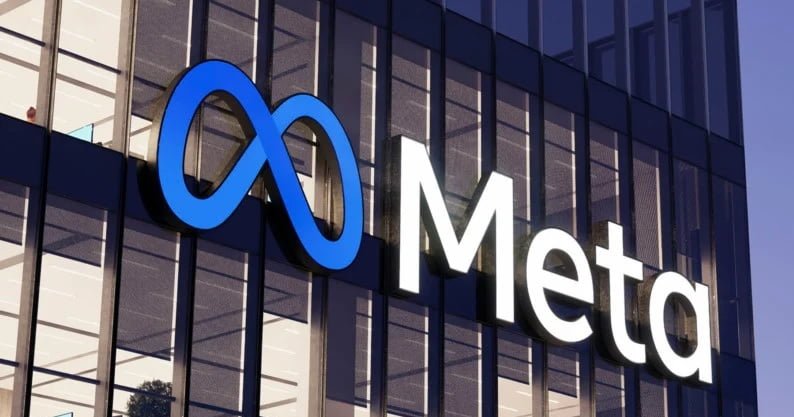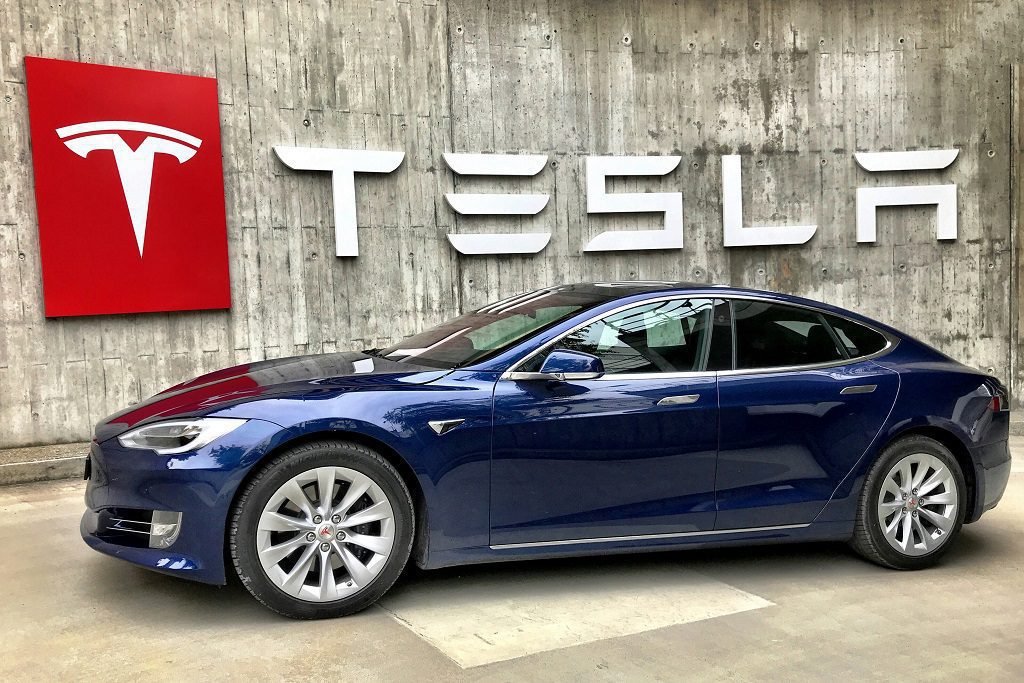
Meta Barcelona A Decentralized Twitter Alternative
As Twitter struggles with controversies and losses, Meta, the parent company of Facebook, Instagram, and WhatsApp, is developing its own Twitter alternative called Barcelona. This new app is designed to be a decentralized social media platform, similar to Mastodon. It aims to provide users with a more secure and privacy-focused social media experience. In this article, we will take a closer look at what we know about Barcelona and what it could mean for the future of social media.
Contents
The Decline of Twitter
Since Elon Musk took over as CEO of Twitter, the company has been plagued by issues, including mass layoffs, technical outages, and data breaches. Many users have also experienced unpleasant interactions with the company’s CEO, leading to a decline in popularity and revenue. As a result, many users are now looking for alternative social media platforms.
Meta’s Entry into the Market
Meta’s Barcelona is one such alternative that aims to provide users with a more secure and decentralized social media experience. The app was previously known as P92 and is still in the development stage. The company is yet to confirm if Barcelona is the official name or just a code name for the project.

Barcelona’s Features
According to app researcher Alessandro Paluzzi, Barcelona will be a separate app from Instagram and Facebook. However, users can use their credentials from these apps to sign in to Barcelona. The app will use a user’s Instagram handle as their Barcelona username, and text posts can have up to 500 characters. The major selling point of the app is that it will be a decentralized social media platform.
Decentralization of Social Media
Unlike centralized social media networks, decentralized networks are controlled by multiple entities, with no sole person operating the network. This approach allows for greater security and privacy, as user data is not stored in one central location. Meta has not been a vocal proponent of decentralized networks in the past, as the company’s social media apps rely heavily on walled gardens to maximize profits from marketing and advertising campaigns.
The Future of Social Media
Barcelona’s development highlights the growing demand for decentralized social media networks that prioritize user privacy and security. It remains to be seen how successful Barcelona will be and how it will compete with other social media alternatives. However, the emergence of decentralized networks could signal a shift in the way we interact with social media platforms.
Conclusion
Barcelona is Meta’s latest foray into the social media market, and it aims to provide users with a more secure and decentralized alternative to Twitter. Its development highlights the growing demand for privacy-focused social media networks, and it remains to be seen how it will compete with other alternatives. However, the emergence of decentralized networks could signal a shift in the way we use social media platforms.



